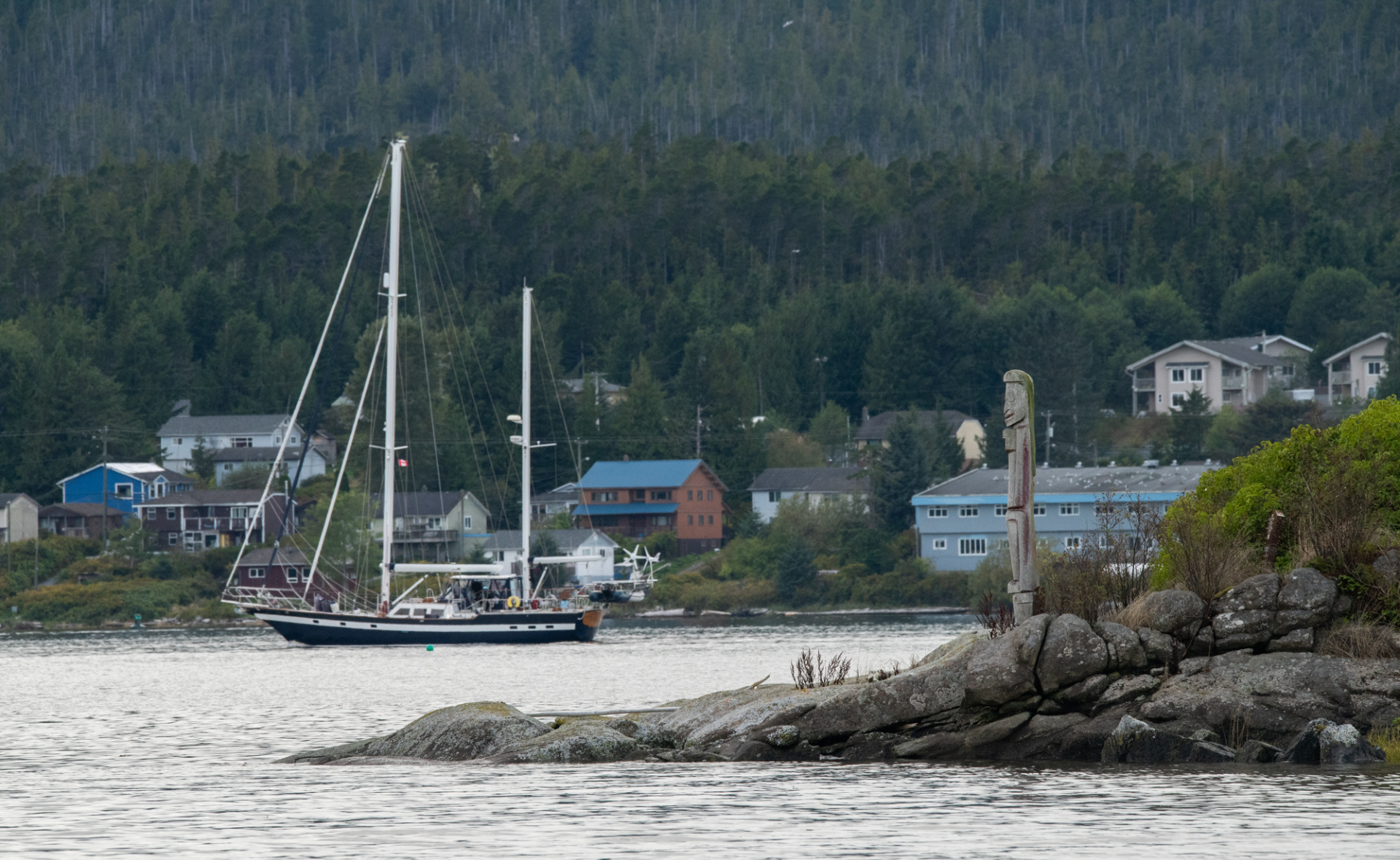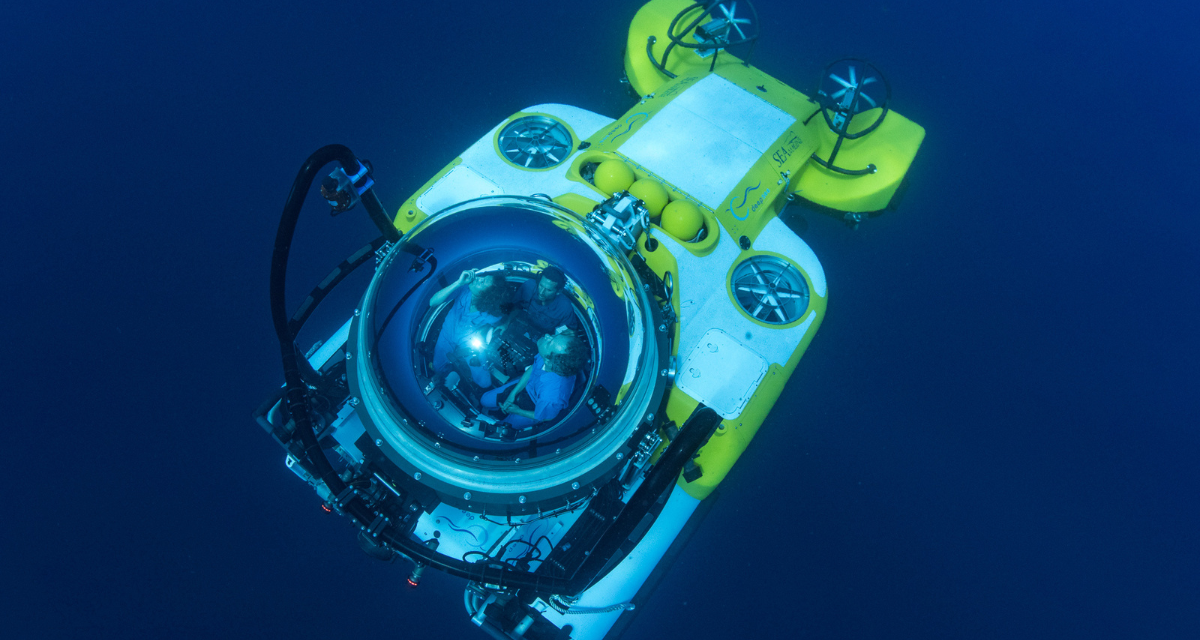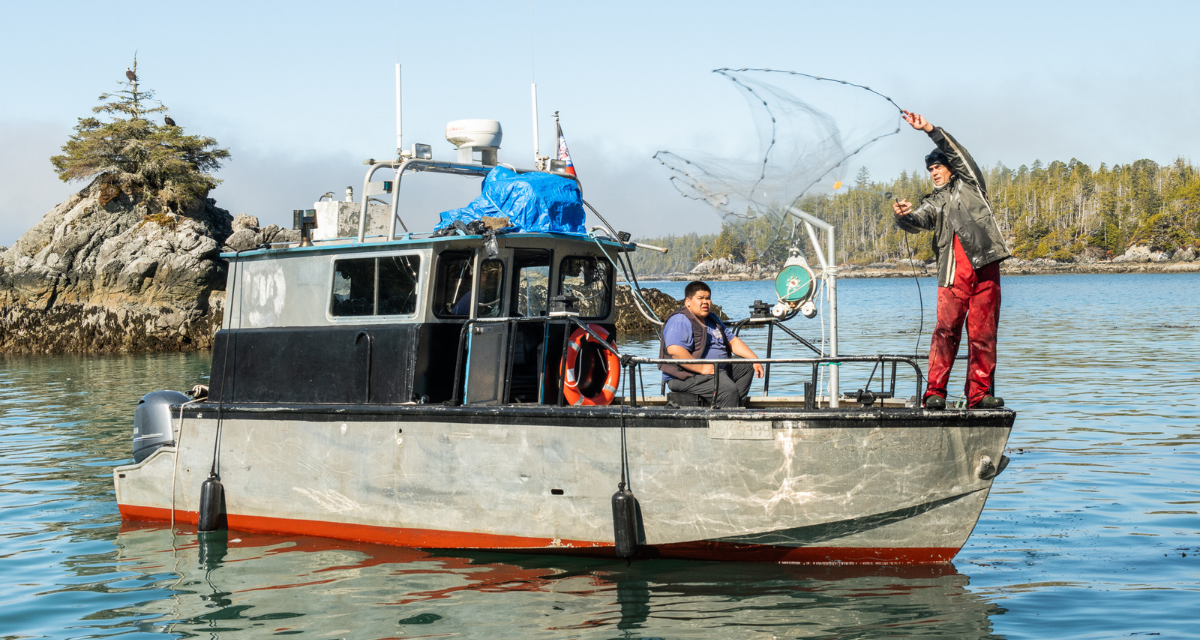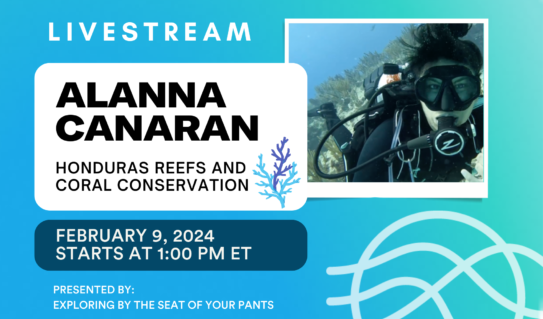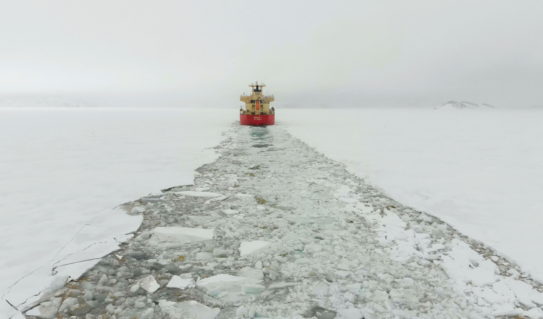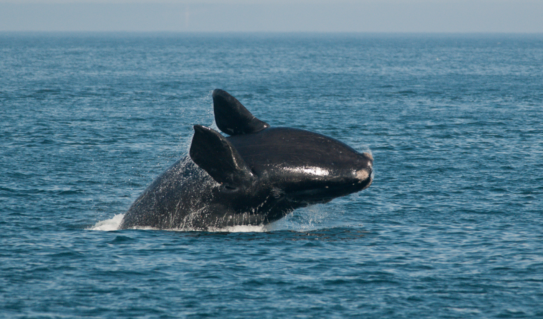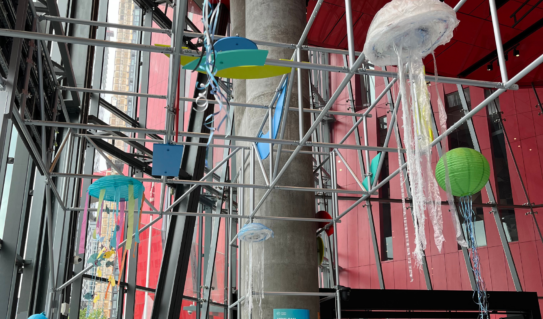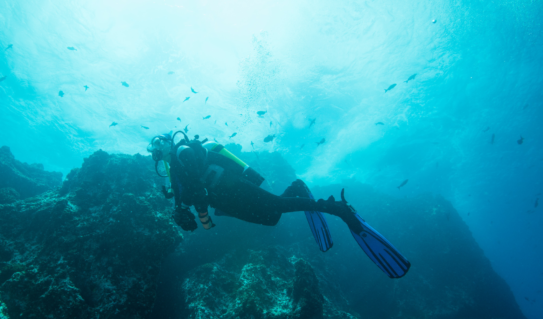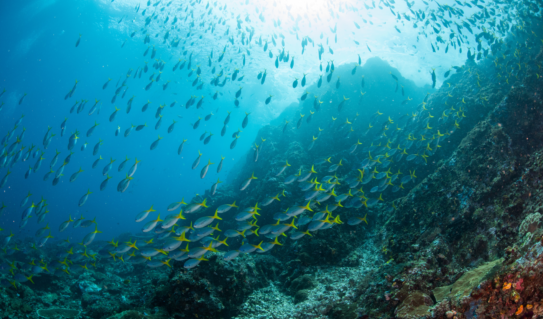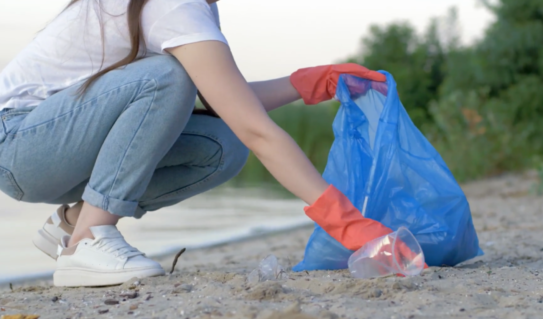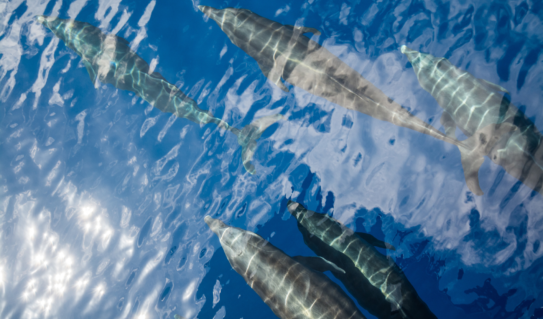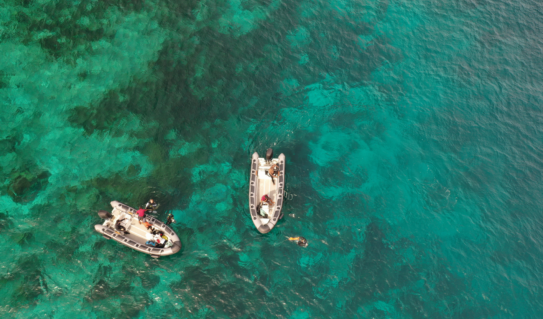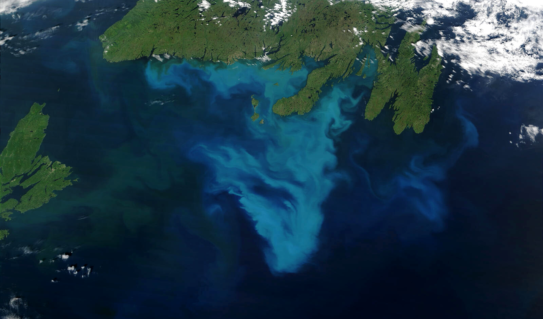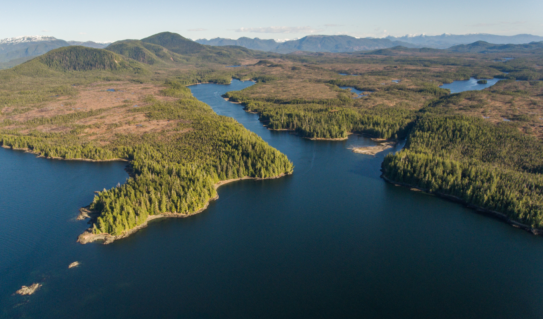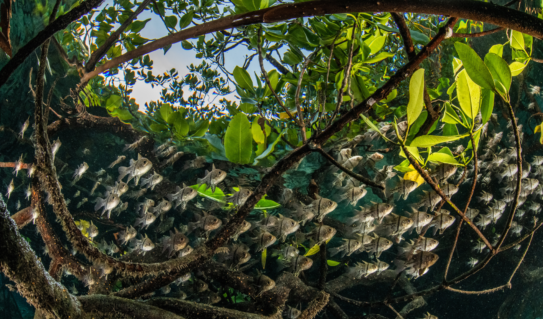In 2016, in Canada, the Blue Economy contributed 1.6 percent – $31.7 billion – to the gross domestic product, generating almost 300,000 jobs. By 2030, the global Blue Economy is projected to more than double from 2010 levels to over $4 trillion and provide 40 million jobs.
With this growth potential in mind, Canada is developing a Blue Economy Strategy, led by Fisheries and Oceans Canada (DFO). During the engagement phase of the strategy development, Canada’s youth, Indigenous people, industry, organisations and communities have provided inputs. The Minister of Fisheries and Oceans and the Coast Guard says of the strategy, planned for release in late 2022, “There’s never been a better time for Canada to reimagine its blue future.”
Blue Economy jobs touch on many aspects of water: seawater, freshwater, the cryosphere (the frozen parts of our planet), and even wastewater.* The options are also diverse. Ocean School Science Director Boris Worm, says: “We are highlighting lots of possible career paths in Ocean School, from ship captains to oyster farmers and underwater drone pilots. In my experience these people have one thing in common: they absolutely love their jobs in helping all of us to better understand, appreciate and responsibly use what the ocean has to offer.”
As the Blue Economy grows, its future and the future of how we interact with the ocean will be up to all of us. In a commentary on the importance of justice, equity, diversity and inclusion in the Blue Economy, ocean leader Wendy Watson-Wright writes, “There is an incredible opportunity here to ‘get it right’—not just to do the right things but also to do things right.”
Indigenous Peoples play a critical role in ocean stewardship, and understanding how they use ocean resources can provide ways to ‘do things right’. For instance, the Heiltsuk people of what is now known as British Columbia's Central Coast, have been extracting herring, salmon, herring eggs, and more from the ocean. In so doing they practise taking a little, and leaving a lot for nature. These cultural connections are an important aspect of a vibrant blue economy.
